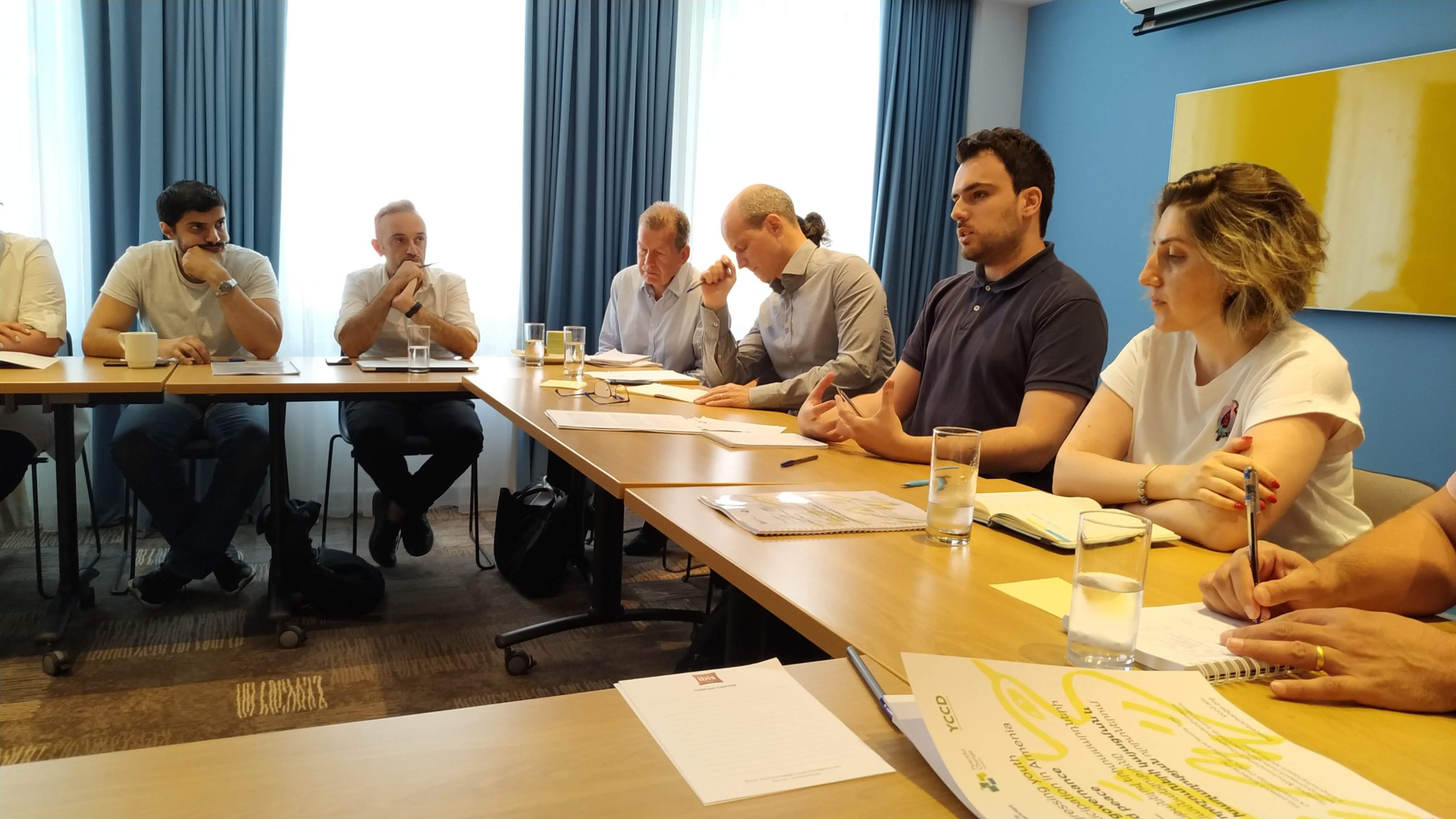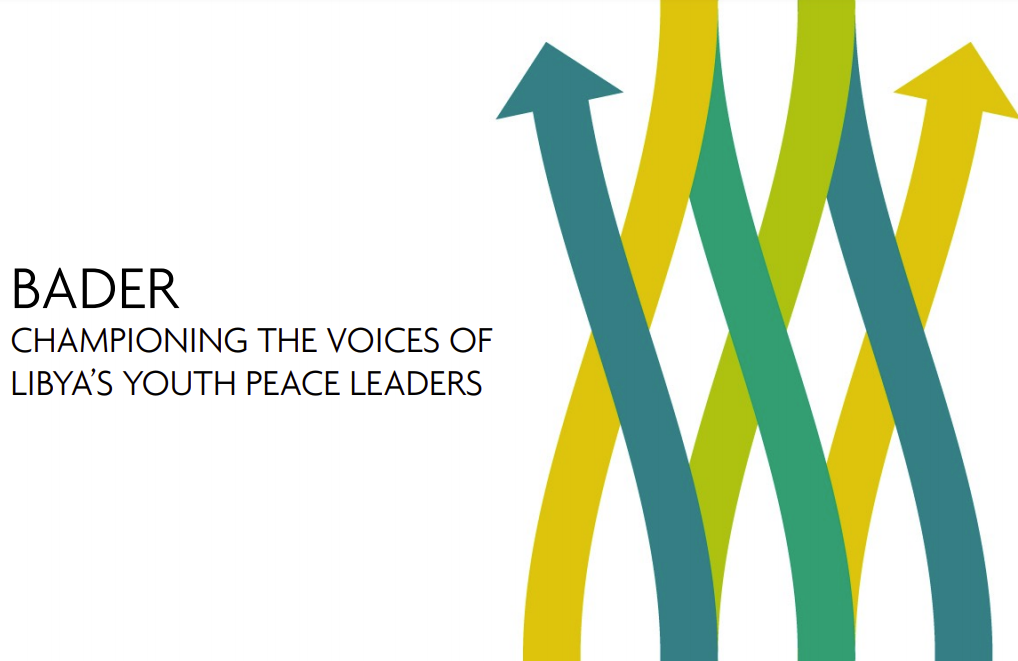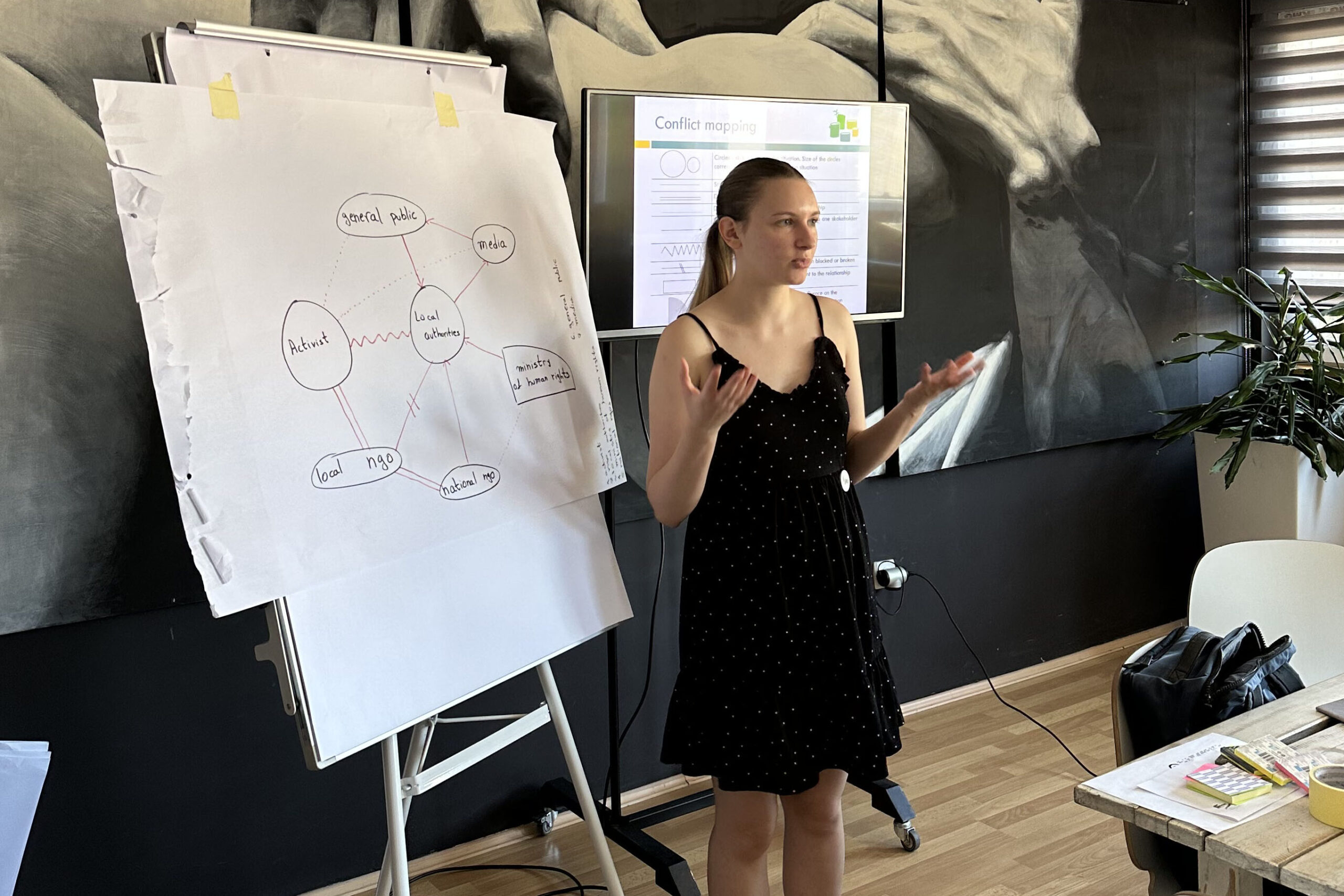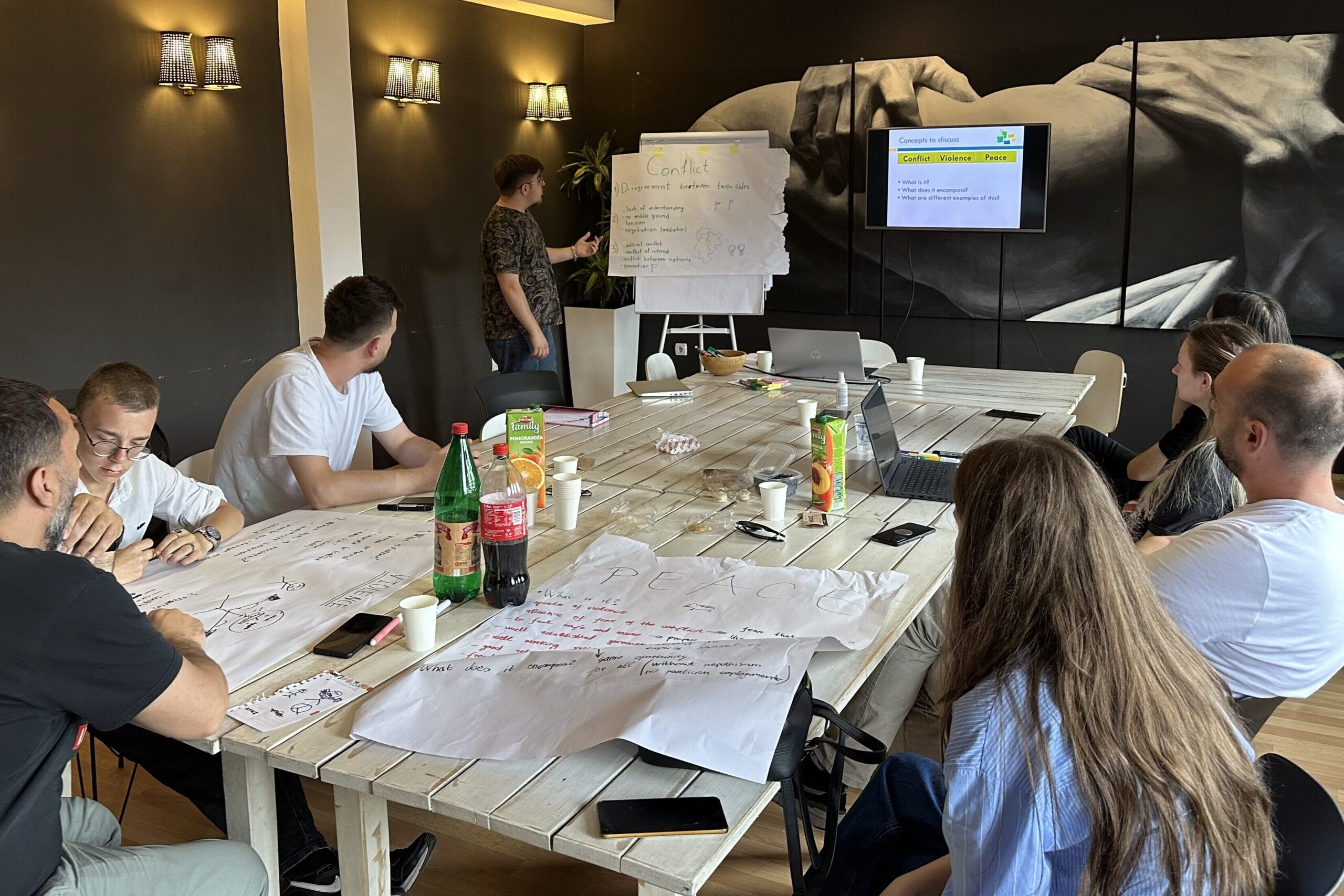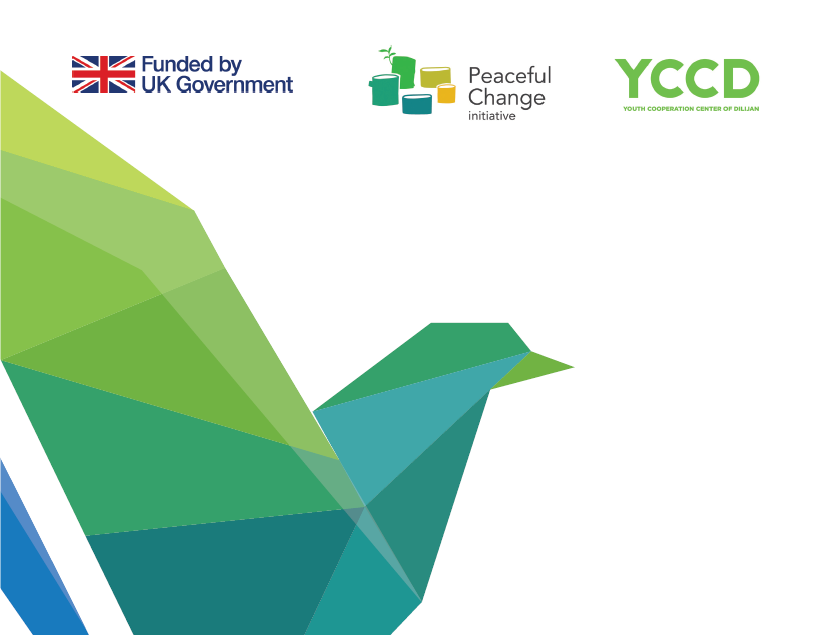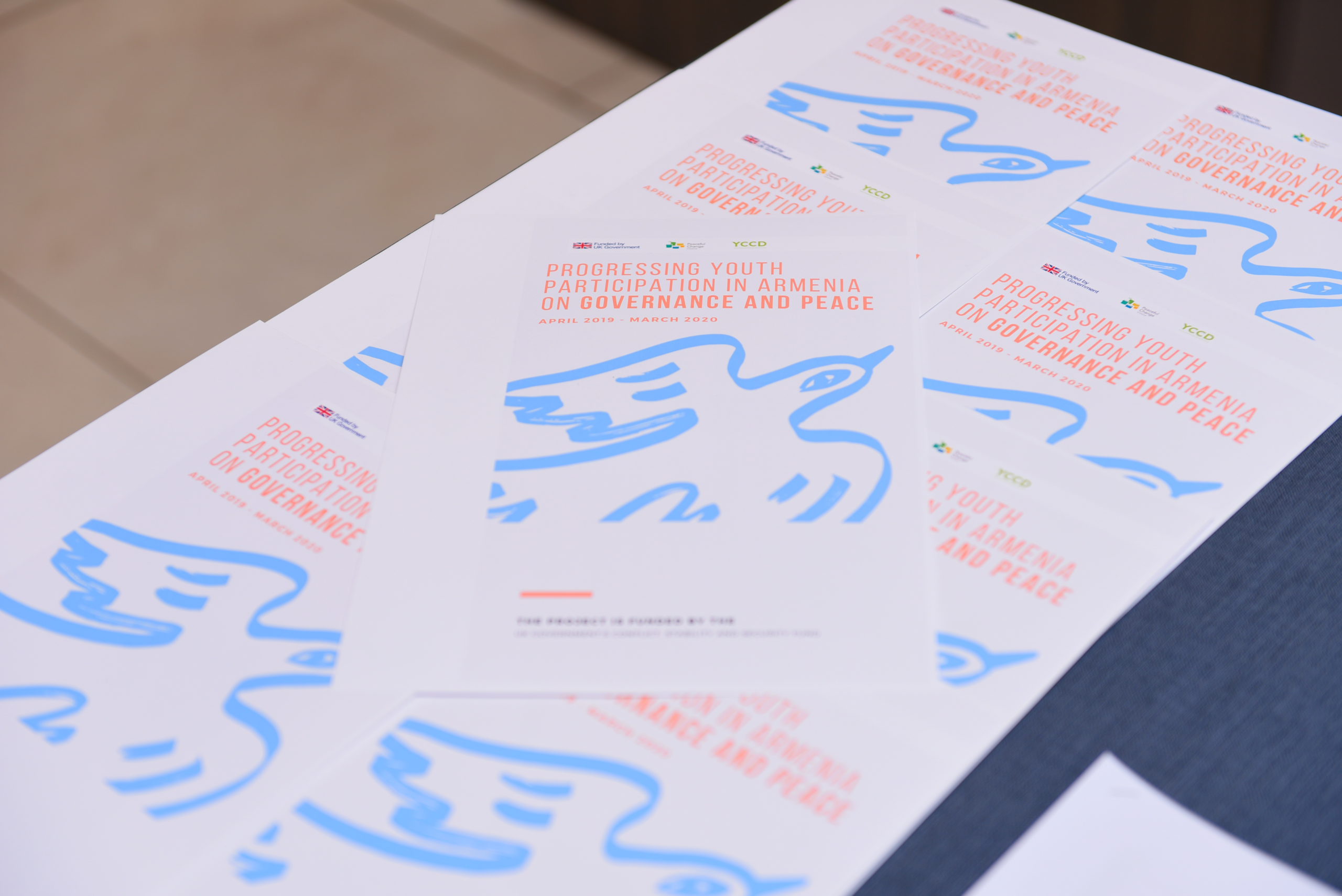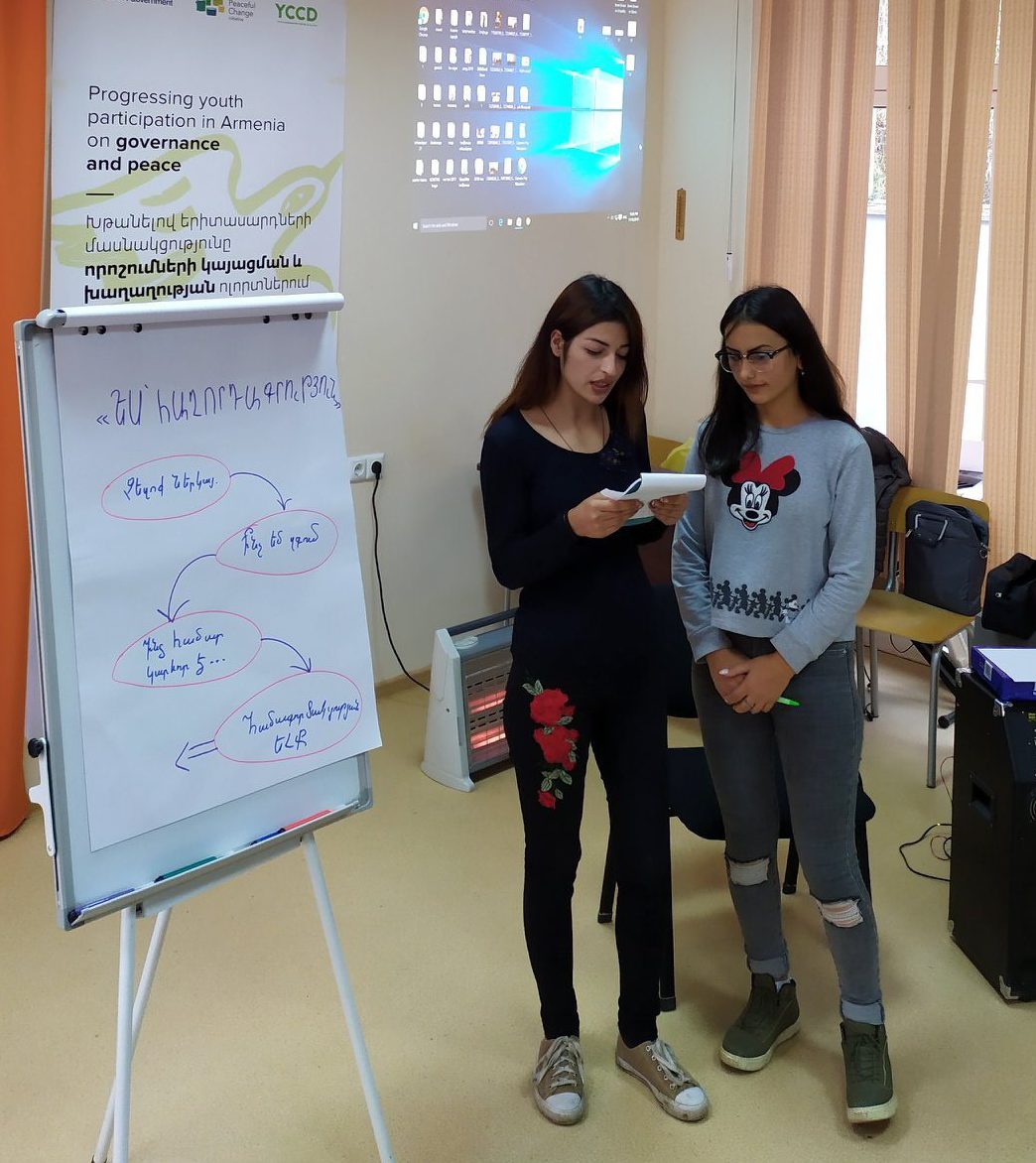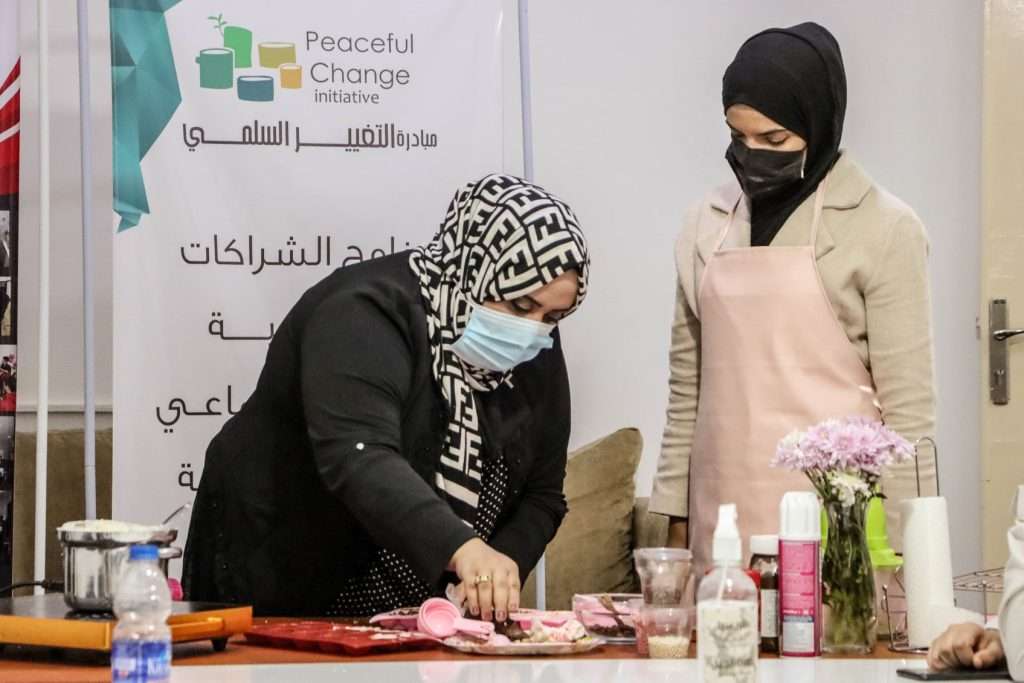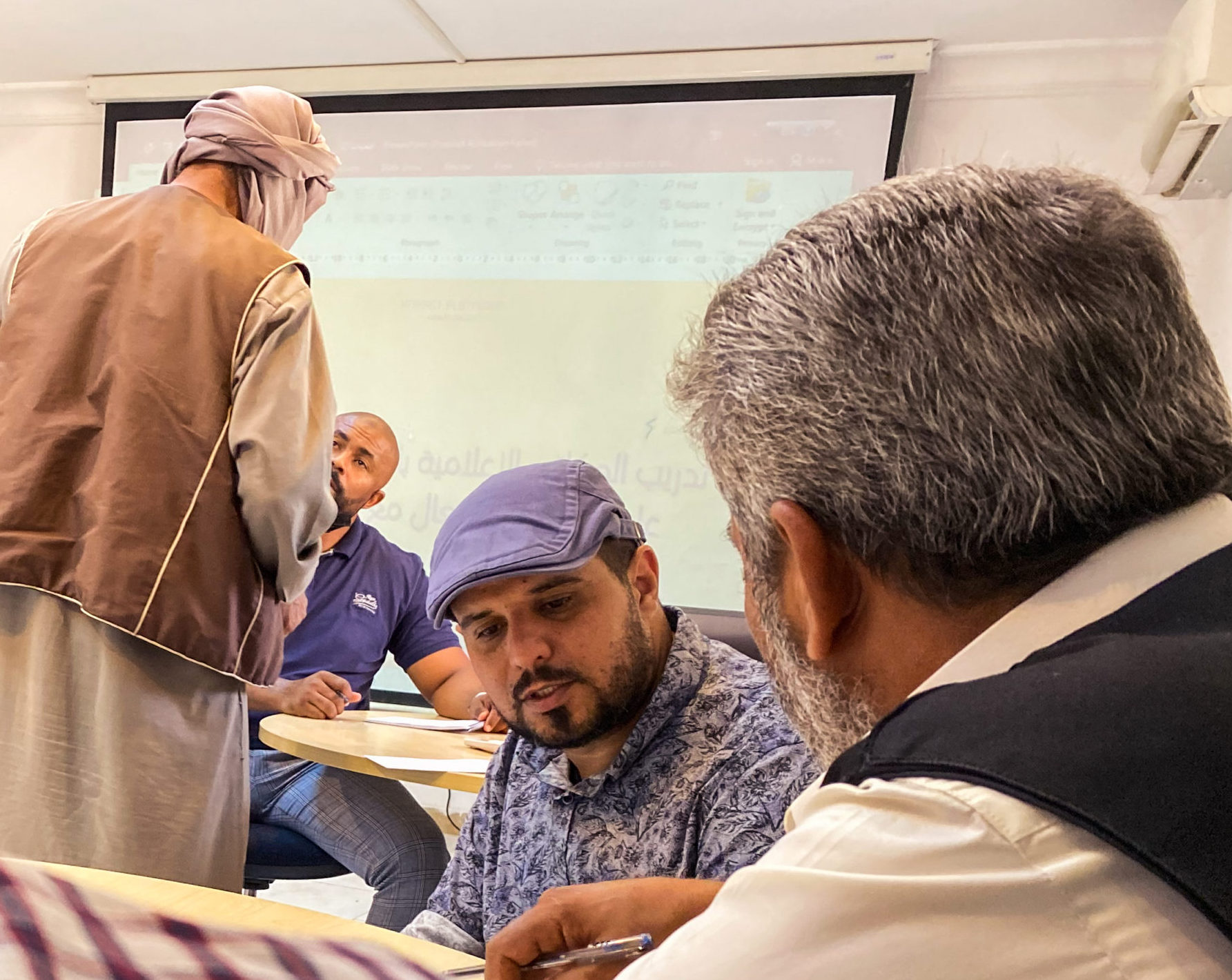
Civil society organisations from Serbia have come together to issue a joint call on authorities and the international community to take steps to ensure greater participation of young people in the decision-making processes and peacebuilding activities in accordance with the principles of UN Resolution 2250 on Youth, Peace and Security.
The statement also reflects upon the ten-year anniversary of the Seven-Point Plan for the Integration of Albanians and underlines the importance of incorporating the youth perspectives to fulfil the plan’s commitments.
Engaging youth in south Serbia
We the undersigned hereby call for greater steps to ensure youth participation in decision making and peacebuilding process in south Serbia, in-line with the spirit and principles of UN Security Council Resolution 2250 on Youth, Peace, and Security.
The demographic crisis that impacts communities throughout Serbia and the Western Balkans is first and foremost a question of young people; of those deciding to leave their homes because they don’t see any viable future. To understand the causes of – and potential solutions to – this problem, young people must be heard.
Ten years on from the Seven Point Plan pertaining to the Albanian community in south Serbia, we firmly believe that it is time to incorporate youth voices to ensure the realisation of its commitments. All communities are affected by the failure to resolve issues pertaining to integration.
Many of the areas covered by the plan affect young people, particularly those pertaining to economic recovery; education, culture, and media; and security and confidence-building measures.
Whilst we welcome recent efforts to rejuvenate the plan and its implementation, we feel that progress can be accelerated by listening to the views and visions of young people regarding the resolution of outstanding issues in south Serbia.
With respect to the economy, for instance, high rates of youth unemployment continue to drive people to seek opportunities elsewhere; a problem which is further compounded by a lack of progress on diploma recognition. Any plan to revitalise the economy of south Serbia must have young people at its heart.
The inherent energy and creativity of youth mean they are an unavoidable element of any advancement in the spheres of education, culture, and media. Language remains a key obstacle to integration, and we will endeavour to work through formal and informal education structures to find sustainable solutions.
Experiences here and elsewhere demonstrate that young people possess the requisite courage and bravery to confront legacies from the past and build confidence for the benefit of the future. By standing up to hate speech and divisive rhetoric, we are committed to reducing tensions where they may surface and challenging the ways different communities speak about one another. Whether through sports, arts, culture, or other means, we will explore ways to bring together young people from different communities. There are already many positive examples that we will celebrate and share.
With the Coordination Body for the Municipalities of Presevo, Bujanovac and Medvedja now under new leadership, we believe that this is an important moment to embrace new approaches to resolving the challenges facing all communities in south Serbia.
We also welcome the newly-composed Albanian National Council (ANC), and hope that its mandate will be used to explicitly advance the interests of young people in south Serbia; not only with respect to the Seven Point Plan, but in the domains of culture, education, information, and official use of language and script. We call on all political actors to engage constructively with the ANC and its leadership.
Finally, we call for the international community, especially the Organisation for Security and Cooperation in Europe (OSCE), to actively consult with youth activists and civil society representing youth to ensure that their needs and concerns are mainstreamed into deliberations about south Serbia.
For too long young people in south Serbia have been spoken about, but rarely spoken to. We know from firsthand experience the challenges facing young people, and we stand ready to propose solutions to ensure that as many as possible choose to remain in south Serbia and build a vibrant home for themselves and their families.
Signatories
- Urduženje mladih “Naš svet, naša pravila”
- Udruženje “Livrit”
- Udruženje “Beyond”
- Udruženje “Budi aktivan 16”
- Građanske inicijative
- Inicijativa mladih za ljudska prava Srbija
- Udruženje “Erudita”
- Hanapress.net
- Udruženje Romkinja Bujanovac
- Udruženje “The Future”
- Omladinski centar za promene
- Info Wiki
- Agreenment
- Qendra B

